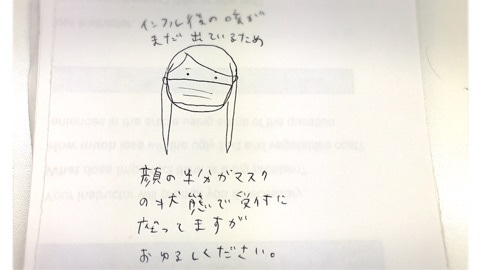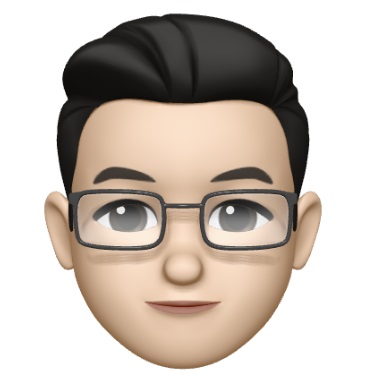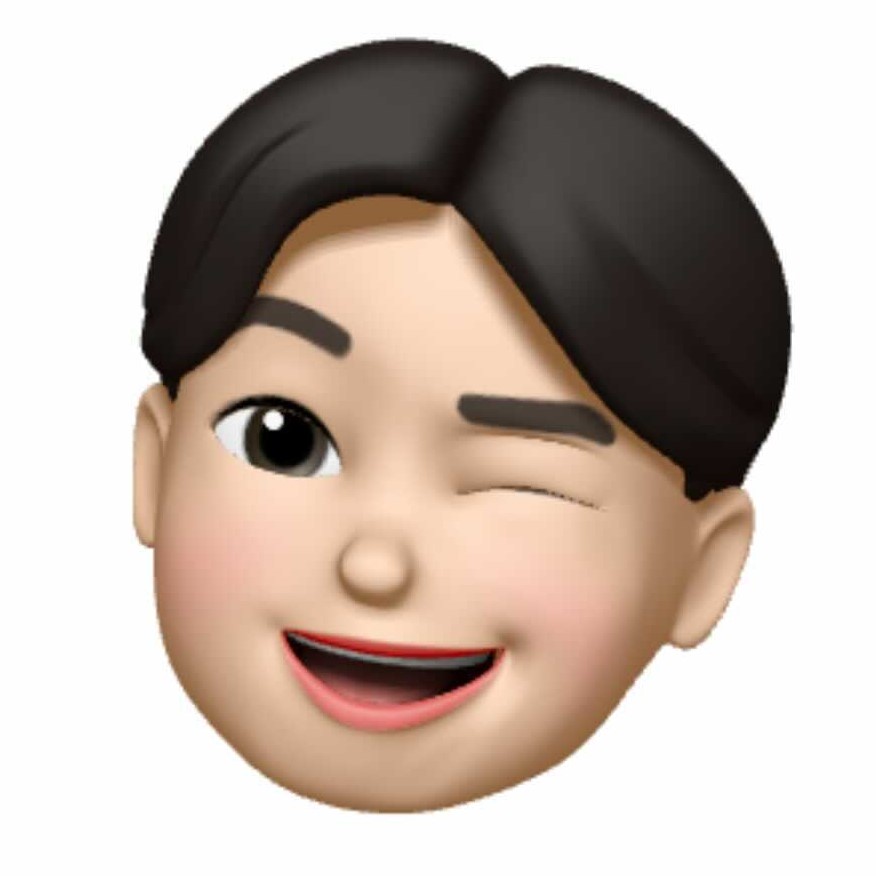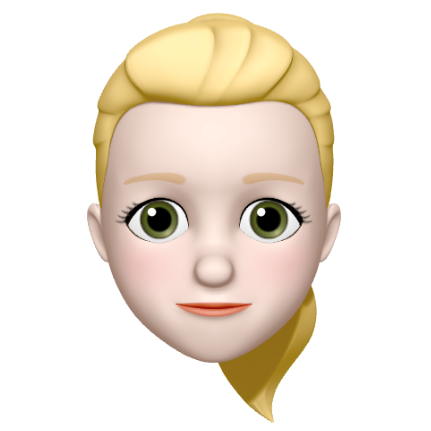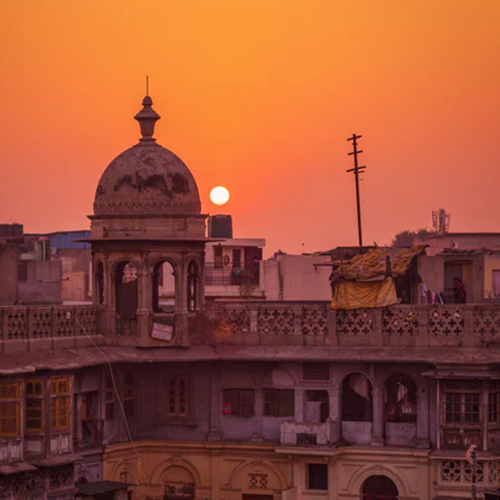
I had the privilege of staying in Rabat, the capital of Morocco, for 4 months. It was over my summer vacation and I went there to study French and possibly look for a job teaching English. While I was there, Ramadan started, which is a month in the Muslim calendar where devoted followers fast during the day and only eat after sundown and before sunset. It was illegal by law to eat, drink or even smoke in public during this month, even in the summer when the temperature was quite hot.
Whenever I was thirsty I had to go into a restroom and sip water in the bathroom stall or just wait until I got home. The only restaurant open during that time was McDonalds, so I basically had to cook at home and eat quietly by myself for lunch and breakfast.
During Ramadan, Moroccans eat a lot of special dishes such as dates dipped in a creamy butter, which is usually the first thing they eat in the evening. They also serve a delicious soup called harira, which is a vegetable soup that tastes a lot like minestrone soup. They also have a special TV drama that airs throughout the month that comes on every night. It’s basically a comedy and is about the daily life of a Moroccan family.
Right before Ramadan started, I met a local named Sophia who had just graduated from high school. Her family basically adopted my friend and I and we often spent evenings at there home. It was during this time that I got to see parts of the local culture that tourists may never get to see.
Before dinner, the family would cook dinner together and, even though they were starving from not being able to eat or drink all day, they were still in good moods. We would put the food on the table with covers over them and then watch TV and sit and wait for a traditional chant called the call to prayer, which was the sign for their family that it was time to eat. Immediately, when the chanting began, my friend and her family would attack the food in front of them by stuffing food in their faces. I would just sit back and let them eat, as I was nowhere near as hungry as they were.
After our stomachs were full and the dishes were washed we would put on djellabas, a traditional Moroccan robe, and go outside for a walk around the neighborhood. It was probably 10 or 11pm but most of the neighborhood was gathered in groups outside. Parks would have little rides for children to go on and men would be sitting in cafes having their first cigarettes of the day with a cup of mint tea. Women would stand or sit in groups within an arms reach of their children and chat.
We would stay out until well after midnight even though it was a weekday. My friend and her family would go to sleep and then wake up around 3 or 4 am to make and eat breakfast before the sun rose. To be honest, I never did participate in the breakfast part of Ramadan, as I was happy to get a good night’s sleep.
This type of evening might be just a normal one for my friend Sophia, but for me it was a look into the lives of an amazing and beautiful group of people. It might be tough for them to go a whole month with less sleep and hungry bellies during the day, but it is something that brings them together. I feel very privileged to be have been able to share it with them and, walking those nights in my djellaba, I felt a little bit like I was one of them as well.
Laura
Vocabulary
fast (v) ? to eat no food for a period of time
in public (phr.) ? in a place where you can be seen by many people
adopt (v) ? (informally) to treat someone as a member of your own family
nowhere near (phr.) ? not at all
privileged (adj.) ? having special rights and advantages that most people don’t have
ネイティブ講師と話すならこちら!
英語学習をフルサポート!
マンツーマン&コーチングの英会話教室








